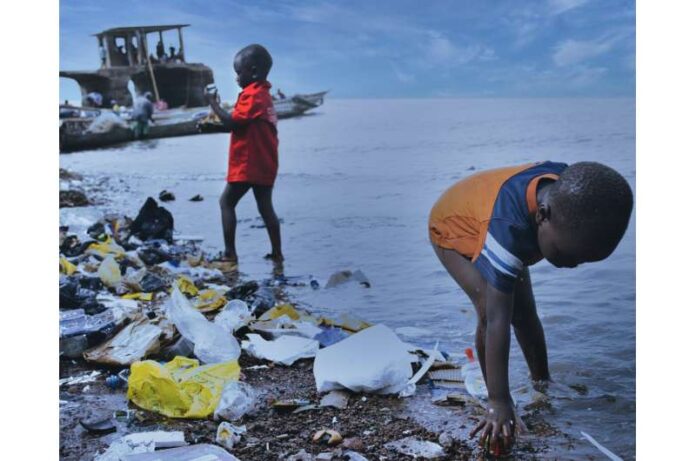Climate change may lead to a reduction in international mobility for populations with the lowest income levels in sub-Saharan Africa, North Africa and the former Soviet Union by up to 10% by 2100. This could rise to up to 35% under more pessimistic scenarios, according to a modeling study published in Nature Climate Change.
Migration is expected to be used more frequently as an adaptation strategy to climate change. However, climate change is likely to lead to a depletion of resources in some of the most deprived regions, thereby trapping individuals who cannot afford to move. Recent research has examined the effects of future climate change on migration using a variety of models, but the limitations of international mobility for populations with restricted resources are still unknown.
To quantify the effect of climate change resource-constrained immobility, Hélène Benveniste and colleagues developed a model of international migration and remittances (including income distributions) and embedded it within an integrated assessment model (a global climate–economy model). They then conducted projection exercises following five different scenarios of future development and climate change over the twenty-first century to illustrate a range of possible drivers of migration. Next, they incorporated climate change effects on resource deprivation and subsequent immobility.
The authors found that climate change leads to decreased international mobility of the poorest populations in at least a few world regions. Under a scenario where emissions peak by 2040 and economic trends do not shift markedly, international mobility may be reduced by over 10% for individuals with the lowest income levels. This suggests that resource-constrained immobility is likely to play a considerable role in the climate–migration nexus.
These findings confirm the potentially devastating effects of climate change impacts on the poorest populations as well as the limits of migration as an adaptation tool, according to the authors.
More information: Hélène Benveniste et al, Climate change increases resource-constrained international immobility, Nature Climate Change (2022). DOI: 10.1038/s41558-022-01401-w
Journal information: Nature Climate Change.
Provided by Nature Publishing Group.

